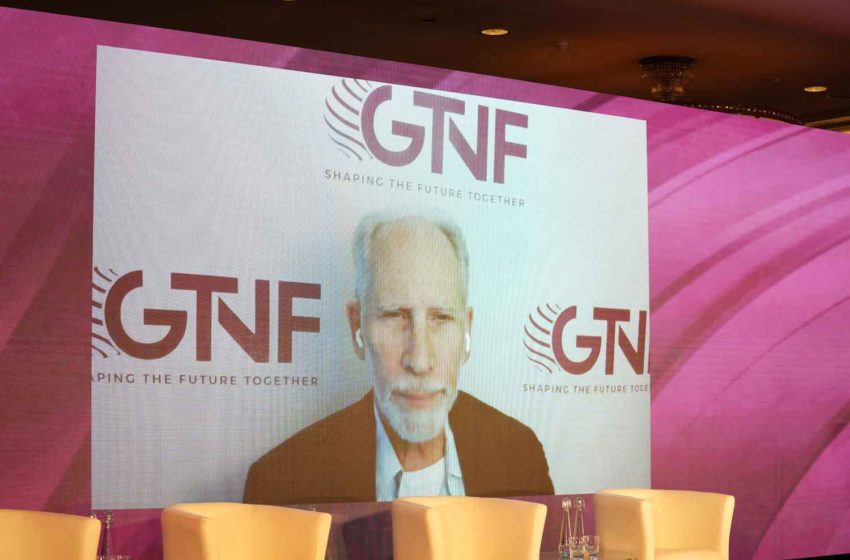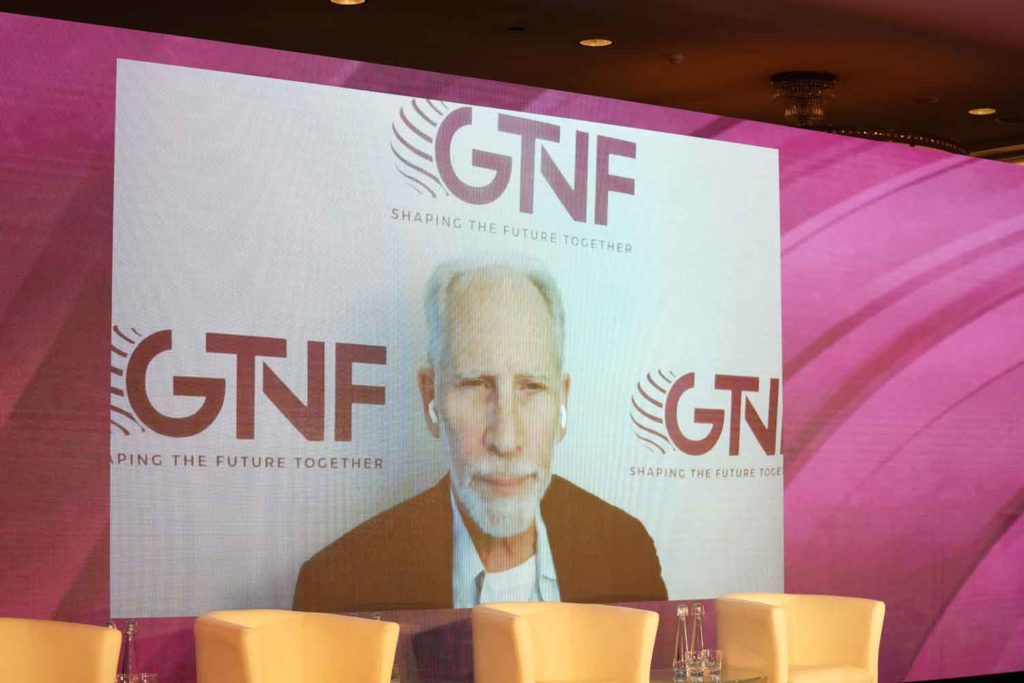David Levy


In his keynote speech, David Levy, professor of oncology at Georgetown University in Washington, D.C., looked at the divide between public health and the industry, which, he indicated, judging from GTNF discussions, might not be as great as he had thought—although, it might be greater in some parts of the market than in others. One of the topics perhaps most overlooked in the discussion about harm reduction, he pointed out, was market structure and competition, which generally play an important underlying role. “They are not only important in understanding the use pattern itself but also in the interaction between public health policies and the industry,” he said.
Levy distinguished between the industry before 2005 and after. Pre-2005, it was clear to the U.S. Federal Trade Commission, and in general, that cigarettes were a distinct market. Since the 1950s, the industry had become increasingly concentrated, with Altria gaining a 40 percent-plus market share, making it a dominant player. The industry of that time was also characterized by high barriers to entry—it effectively controlled retail shelf space, thereby limiting competition, introduced predatory pricing and used a coupon system for customer loyalty. The lines were clearly drawn; there was stability. Tobacco control had a number of policies, and their target was clear.
Around 2005, the market started to change. Price sensitivity of consumers increased. U.S. smokers started to switch to other products, at first to little cigars and later to vaping. The market suddenly became much broader than cigarettes. “One of the most important changes was that sales of vape products took place on the internet and in vape shops—a whole new arena,” Levy explained. “Both [sales points] also played an important role in providing information on the new products.” Levy doesn’t expect the heated-tobacco products sector to see the same competition as e-cigarettes. The current tobacco market, he pointed out, showed an exceptionally steep decline in youth and young adult smokers, which have fallen by 60 percent since 2013. Levy called this a vital alteration.
He predicted stricter policies toward cigarettes worldwide, including the introduction of health warnings, menthol bans and a higher selling age. “Pressure on cigarettes will increase,” he said. For vape products, Levy forecast, the future was uncertain. The outlook for the industry remains unclear in the wake of the marketing denial orders issued to tobacco companies after Sept. 9, according to Levy. “I don’t think it’s the final word from the Food and Drug Administration,” he said. Levy suggested the industry accept the uncertainty—which he thought was here to stay—and embrace change. The United Kingdom and New Zealand with their progressive tobacco harm reduction policies provided examples for others to follow. “Things will slowly change,” said Levy.